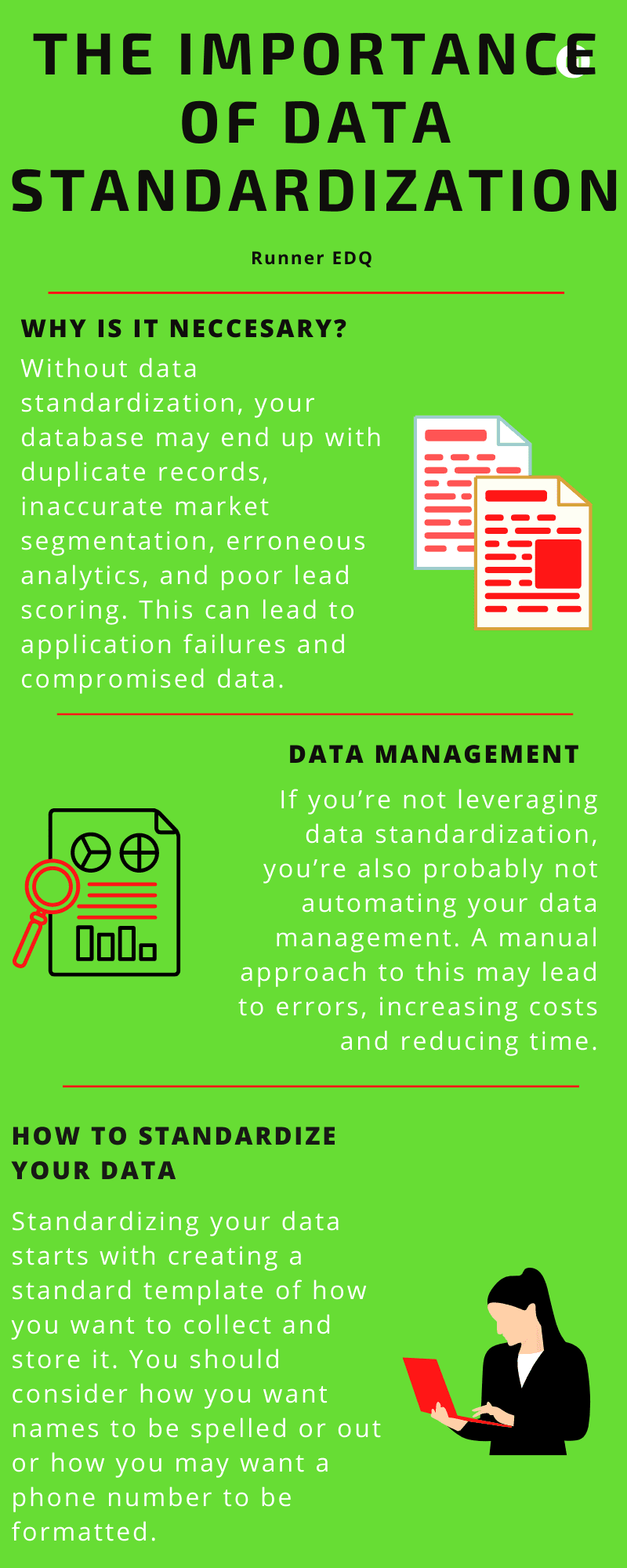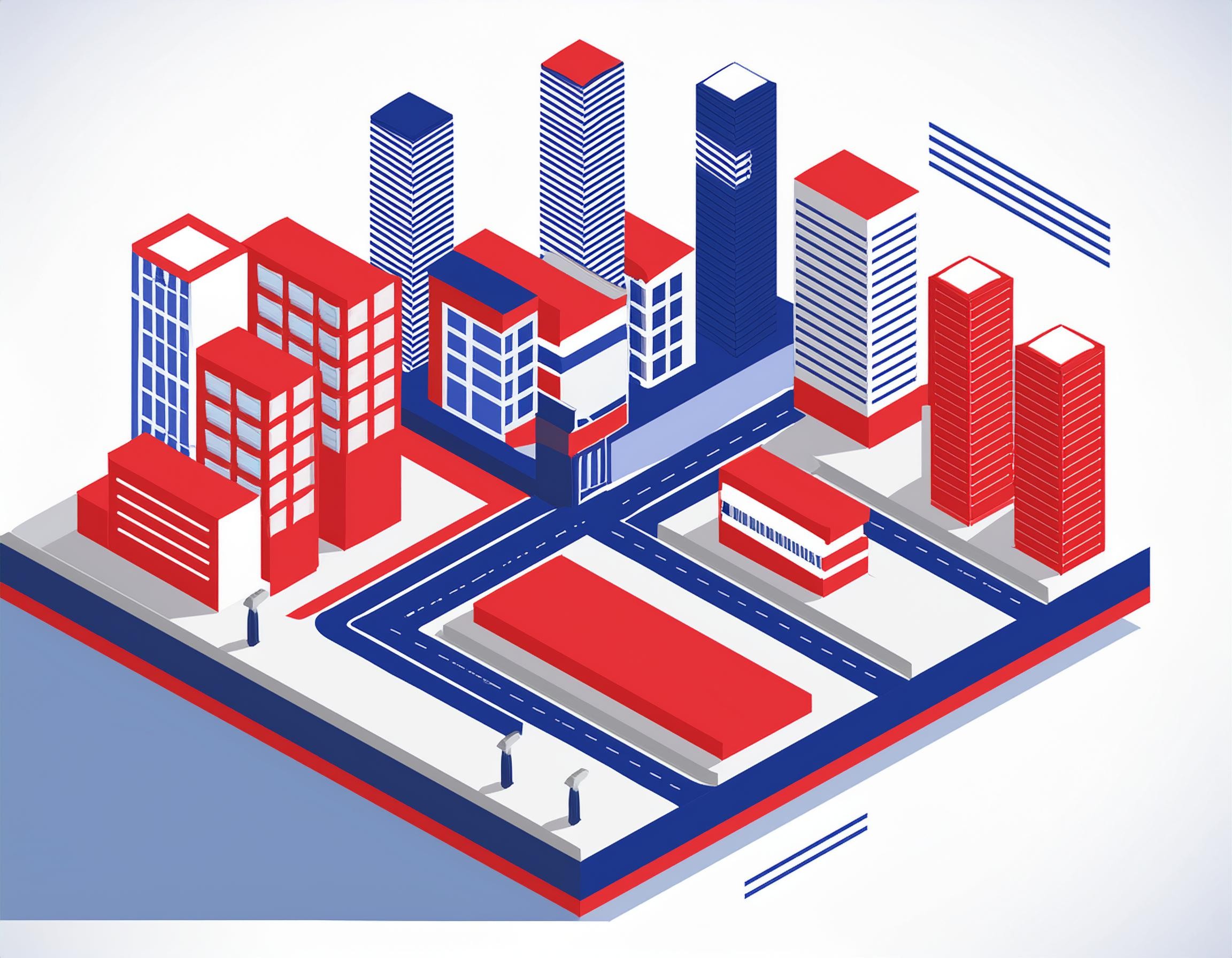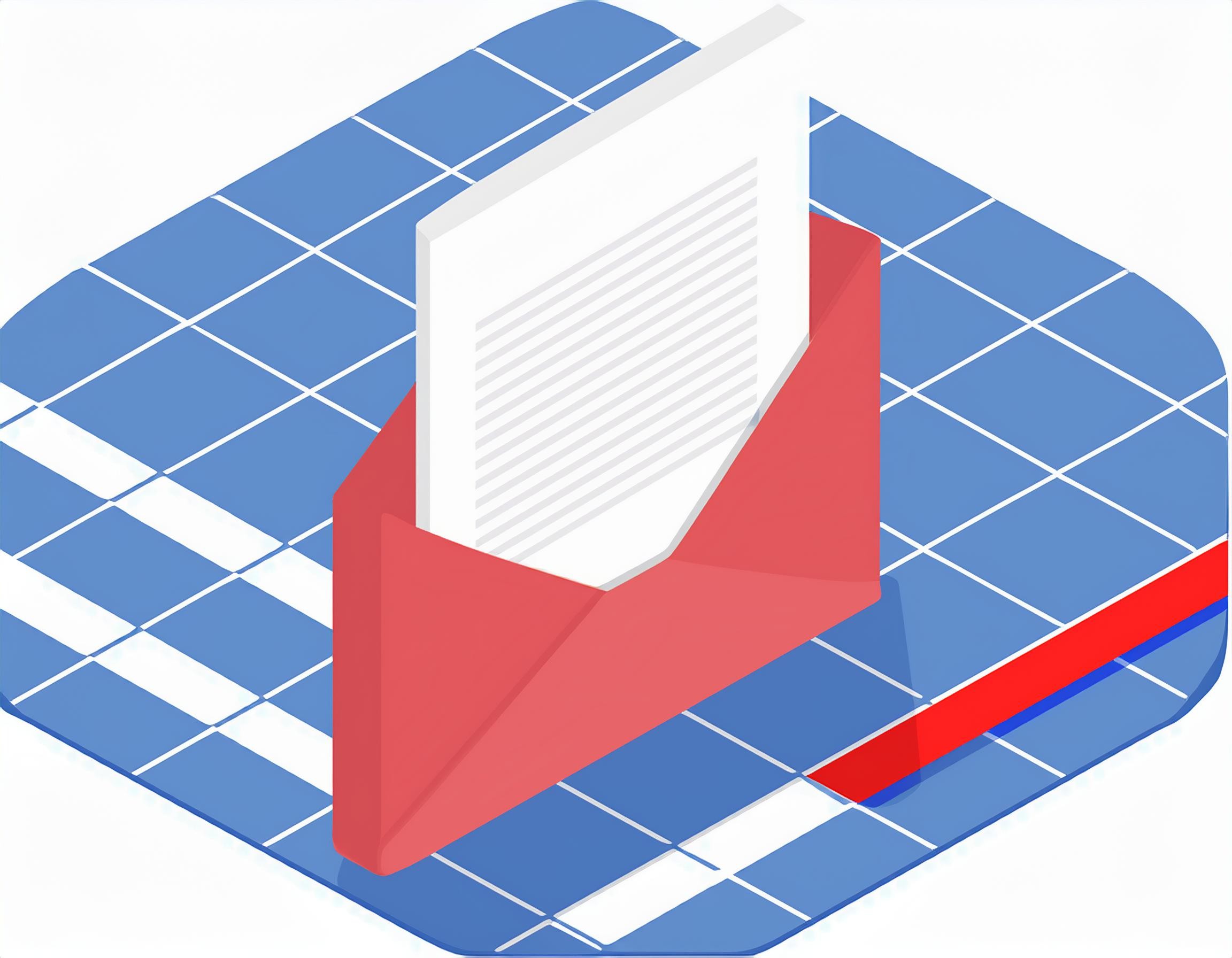Why It Matters
3 MINUTE READ
Data is crucial to decision-making; therefore, the better the quality of the data, the more informed you are to make critical decisions. High-quality data empowers your organization, while poor-quality data can result in consequences that slow you down. Because your data may be collected from various sources, chances are they follow different formats.
Address formats, for example, may depend on the country. A US address always starts with the recipient’s first and last name, followed by the street address, city, state, and zip code. On the other hand, a Japanese address would start with a postal code, followed by the prefecture, city, neighborhood, district, block, building number, and room number.
Another example of different formatting of addresses would include preferences such as abbreviating “street” and writing “st.” or “blvd” instead of spelling out “boulevard.” Some organizations may like to personalize their communications by including titles or honorifics, such as Dr., Mr., Mrs., or Ms., to the recipient’s name. Phone numbers can appear differently across different sources too. For example, the phone number may be recorded with parentheses or hyphens.
However, combining data with different elements and attributes can become problematic, slowing down systems, processes, and productivity. When you format your records so that they’re uniform and consistent across your systems, you improve access to relevant information, making reporting and analyzing data easier.
Improving your data management strategy with data standardization
When you have inconsistent data across your systems, you’ll find that it’s harder and more time-consuming to navigate your database. Without data standardization, your database may end up with duplicate records, inaccurate market segmentation, erroneous analytics, and poor lead scoring. It may lead to application inefficiencies or failure. If you’re not leveraging data standardization, you’re also probably not automating your data management. And correcting mistakes or attempting to standardize data is happening one record at a time. This manual approach to data management may lead to more human errors, which costs more time and money. So by standardizing your data, you can save time, money, and resources.
Data standardization also increases the shareability of the data across the organization, empowering data-informed decisions. When data standardization is complemented with other data management practices such as automated data cleansing, you also improve customer data, increase consumer insight, and provide a better customer experience.
Standardizing your data starts with creating a standard template of how you want to collect and store it. Things to consider would be how you want names to be spelled out. For example, should company names or state names be fully spelled out or abbreviated? Should the area codes in phone numbers be in parenthesis or hyphenated?
If you’re planning to standardize data, starting with “clean” data is crucial. Ensuring that the information is complete and correct allows data standardization to be automated, saving your company time and money. At RunnerEDQ, we have an integrated address verification solution that corrects and standardizes postal addresses within Oracle®, Ellucian®, and other enterprise systems (ERP, SIS, HCM, CRM, MDM). Our seamless integration provides address correction in real-time at the point of entry and for existing data via batch and change of address processing.







